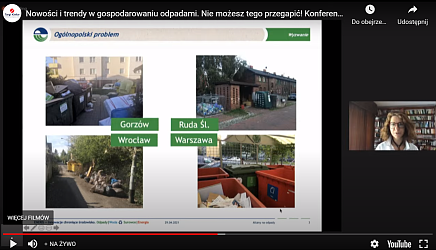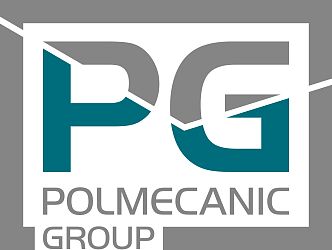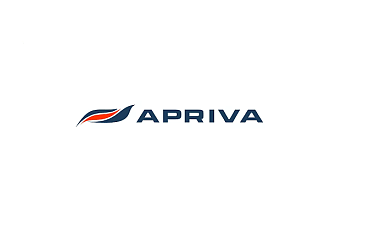News
Ekotech: Waste - this might be a real challenge; Poles do not know how to segregate secondary materials
Poles see the need to segregate rubbish. 83% of the respondents believe the waste sorting obligation is justified. It is worth emphasising that 2/3 of the respondents declared that they segregate waste, not because of the regulations, but because they feel it has a real impact on the environment.
As a part of the survey, the respondents were supposed to put their garbage into the correct containers, in the group of over 500 respondents, 52% of the answers were correct. The deodorant container caused the most problems with assigning the appropriate bin; actually, only 14 percent indicated the bag the can should go to. A mirror turned out to be very troublesome (only 19% of correct answers), and cat droppings and fish waste (33% of correct answers each) came in tied.
All in all, the results indicate that there are problems with waste segregation is of a national and social nature. More urbanised areas’ inhabitants show only a slightly higher level of knowledge on the correct segregation of rubbish compared to less urbanised areas’ population. However, the results in the largest cities were very pretty mediocre still; women have a better knowledge of waste segregation than men; age has no influence on the expertise level, however.
Symetria experts estimate that the years of general-public targeted education have not yielded the expected results. Penalties or new laws are not the remedies, we still need educational activities. And Ekotech expo creators come with knowledge abundance: - We organise workshops for children and young people. We talk about how to segregate waste – these are some of the examples of our involvement - says Marcin Musiał from Targi Kielce. - Information available to all citizens is also very important, e.g. knowledge disseminated on dumpster shelters. This educational activity is a task for our exhibitors - adds the manager of the Ekotech.
(MBr)







